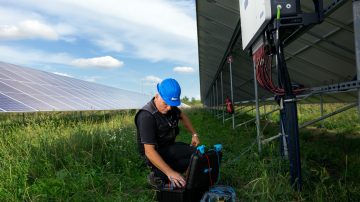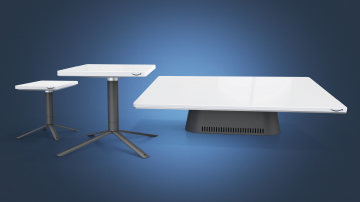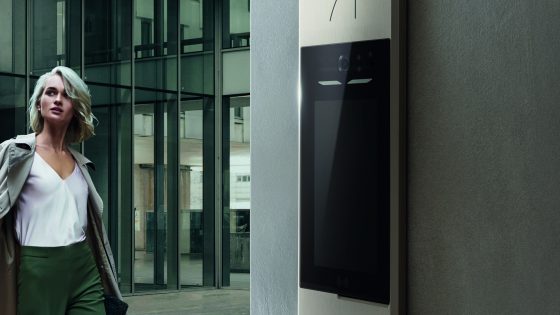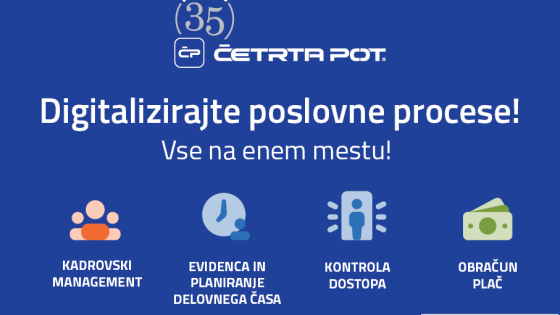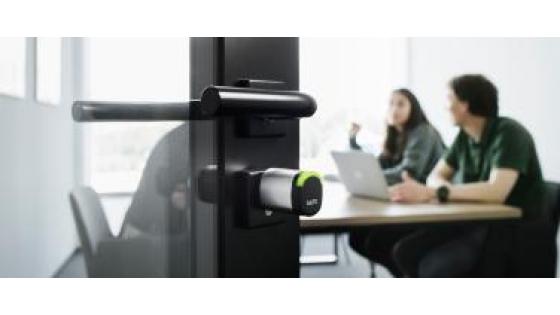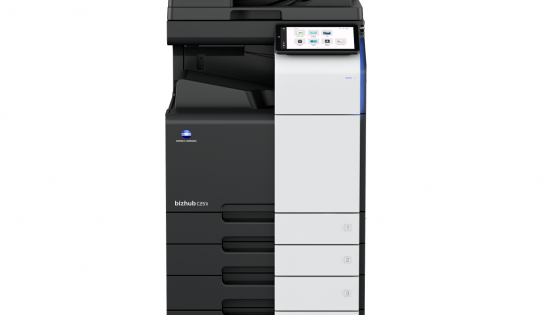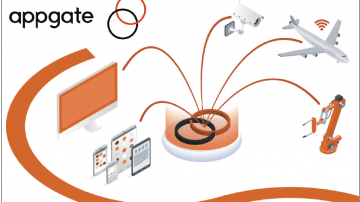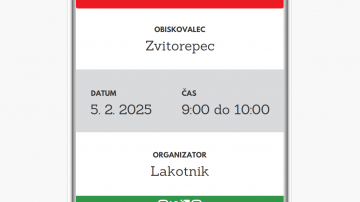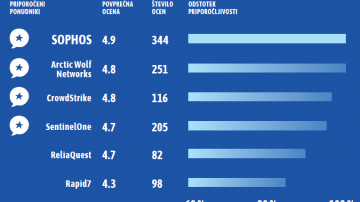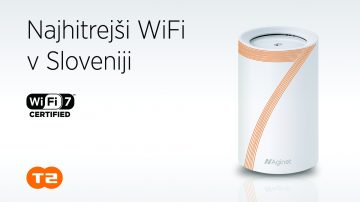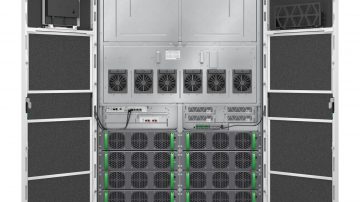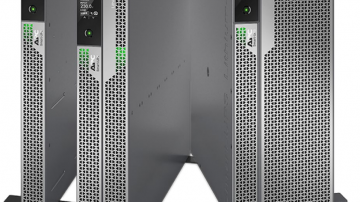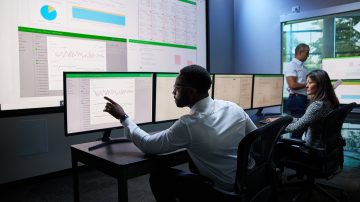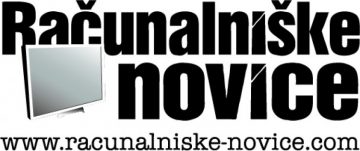When was the last time you inspected your electrical infrastructure and devices?
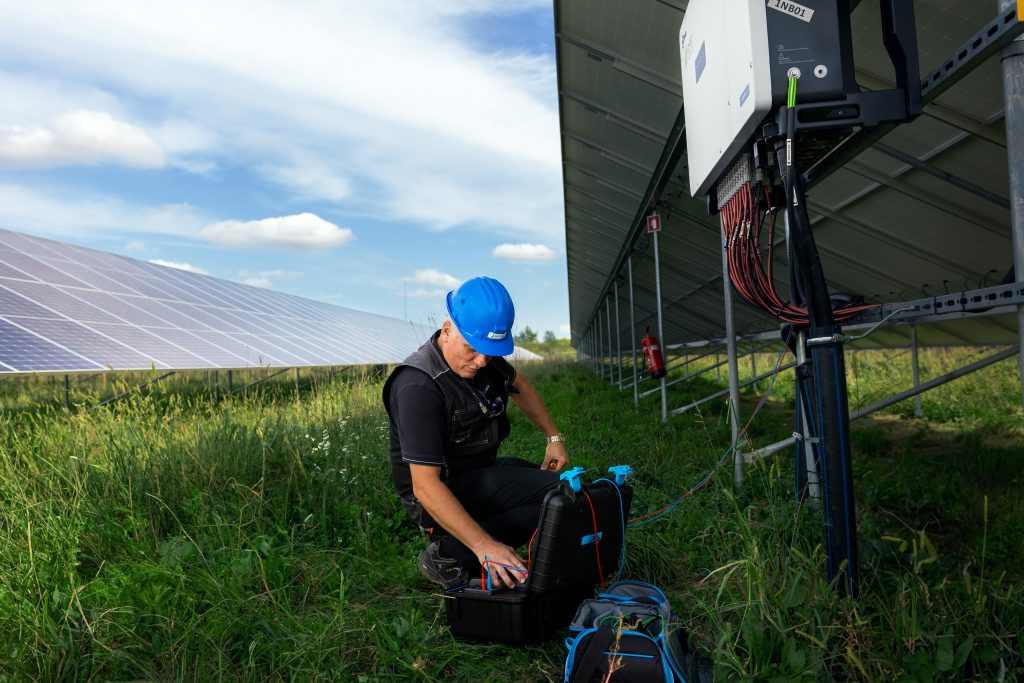
Electrification is in full swing, but it also deepens existing safety challenges. Modern systems can involve high DC voltage levels, such as photovoltaic systems up to 1500 V combined with energy storage or battery systems. Improper use or equipment failure can pose serious hazards, including fire, electric shock, or significant material damage due to equipment malfunction.
Electrical safety is not a new issue. We’ve been addressing it since as early as 1882, when Thomas Edison launched the first commercial electrical system. In the century and a half that followed, much has changed. Today, we have access to advanced electrical safety testers that enable comprehensive inspection of electrical devices and ensure compliance with safety standards. Slovenia is a leader in this field, thanks largely to the Horjul-based company Metrel, which has been producing measurement and test equipment since 1957.
Photovoltaics, charging stations, generators, household appliances, electric vehicles… Where there is electricity, there is Metrel.
How to verify electrical safety in photovoltaic systems?
We all understand why photovoltaic systems have expanded so rapidly. The environmental benefits and cost savings for businesses (and households) are clear. However, these systems also carry voltages and currents that require careful verification.
Metrel’s PV testers, such as the MI 3114 PV Tester and MI 3115 PV Analyser, are designed for safety and functional testing of solar power plants up to 1500 V. They allow all key measurements in compliance with IEC 62446-1.
Included are continuity tests of protective conductors (PE), insulation resistance measurements of PV strings at high DC voltages, polarity checks of panels, and open-circuit voltage and short-circuit current measurements. The more advanced MI 3115 also supports I-V curve tracing, enabling the full electrical characteristic of a module or string to be measured, including parameters such as maximum power and fill factor. Using a wireless remote unit, it measures irradiation and cell temperature in real-time and automatically recalculates results under standard test conditions (STC) for comparison with manufacturer specs.
With 1500 V voltage and 40 A current capability, these devices ensure that a photovoltaic installation is safe (preventing shocks and fire hazards from insulation faults) and operating within expected performance. They also store measurement data and support connectivity (USB, Bluetooth) to PCs via Metrel ES Manager software, simplifying compliance reporting and system performance analysis.
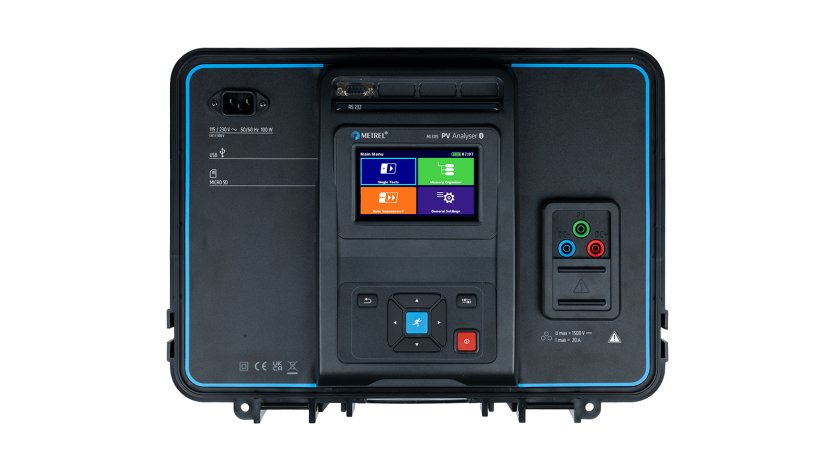
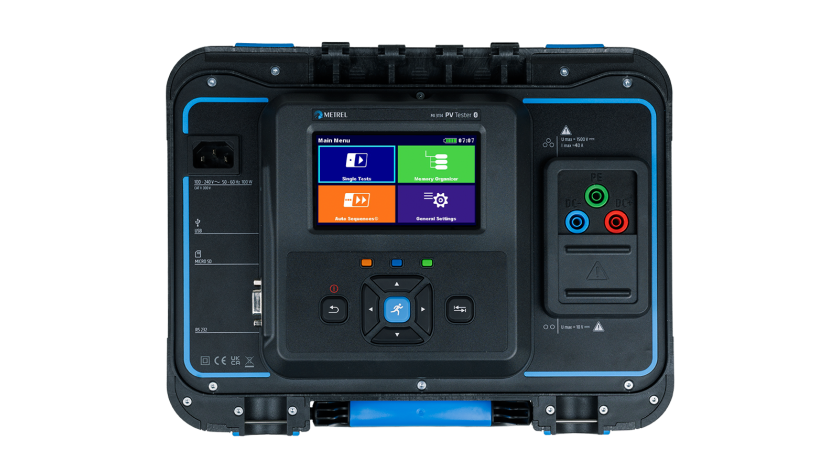
Is your existing installation safe? Use a multifunction tester to check
Multifunction electrical safety testers are versatile instruments used to verify electrical installations in buildings, industrial environments, and more. Metrel’s well-known Eurotest line (e.g., the MI 3155 EurotestXD) combines all key low-voltage installation tests in one device: continuity of protective conductors (with low-ohm measurements), insulation resistance at test voltages (250 V, 500 V, 1000 V), loop impedance, and RCD (residual current device) testing for various types.
These multifunction testers verify that an electrical installation meets safety regulations and standards, ensuring protection from electric shocks and fires. Metrel’s instruments comply with IEC/EN 61557, which defines precision and reliability requirements for testing protective measures in LV systems (up to 1000 V AC / 1500 V DC).
An important advantage is automated test sequences. Users can select predefined (AutoSequence) test programs that run multiple measurements (e.g., voltage, impedance, RCD test) with a single command, simplifying fieldwork. Modern testers feature colour touchscreens, data storage, and even wireless connectivity (Bluetooth) for transferring data to PCs or Android devices via Metrel’s aMESM app.
These instruments enable technicians to generate professional reports using the MESM software, ensuring traceability and regulatory compliance. With their help electricians and engineers can quickly determine whether a new or existing installation meets safety requirements for grounding, insulation, overcurrent, and RCD protection, which is critical for reliable operation and user safety.
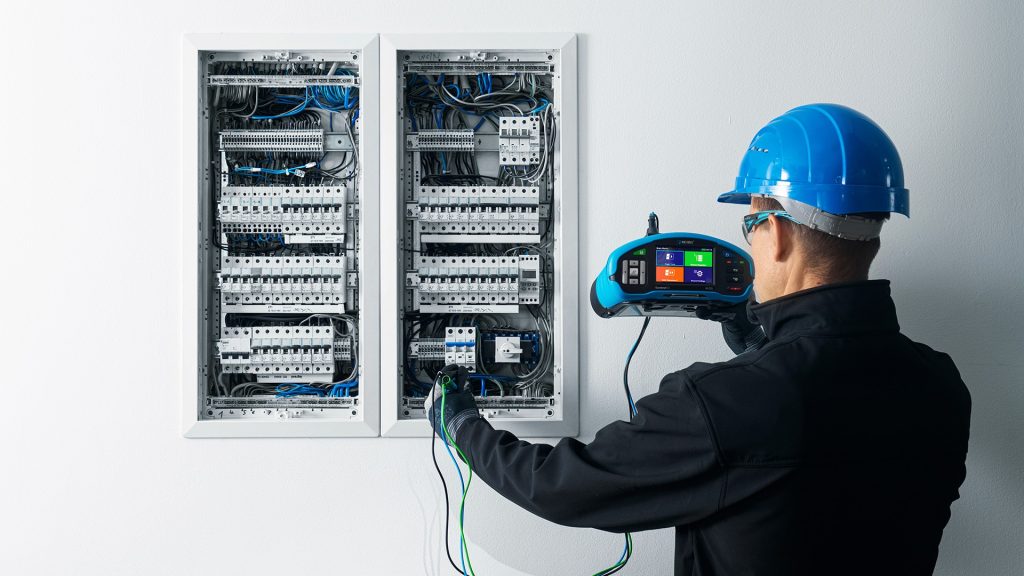
Do you already have an EV charging station? Or do you use public chargers?
EV chargers present unique challenges, as they must ensure safe charging with both AC and DC current.
Metrel has developed specialized solutions for testing EV chargers, covering both AC and DC types. For AC charging stations (typically with Type 2 connectors), adapters like the A 1532 EVSE Adapter and multifunction testers are available. These simulate an electric vehicle and test the station’s safety functions, such as automatic power cutoff in case of grounding failure or integrated RCD protection.
For DC fast chargers, Metrel offers the latest and most advanced A 1732 DC EVSE Adapter.
This portable tester supports key connector types and communication protocols, including CCS Type 2, CHAdeMO, and Type 2 AC. It simulates a vehicle requesting a charge and verifies proper communication and voltage initiation. The adapter can also simulate faults, like open CP, PE disconnection, or pilot line short circuit, to verify the station’s protective response. A key feature is high-voltage DC insulation testing between DC lines and ground, with test voltages up to 1000 V.
Testing chargers helps identify dangerous faults, such as poor grounding, slow protection response, or communication errors, before accidents occur.
Metrel’s solutions enable technicians and maintenance staff to efficiently conduct commissioning tests and routine inspections of operating charging stations.
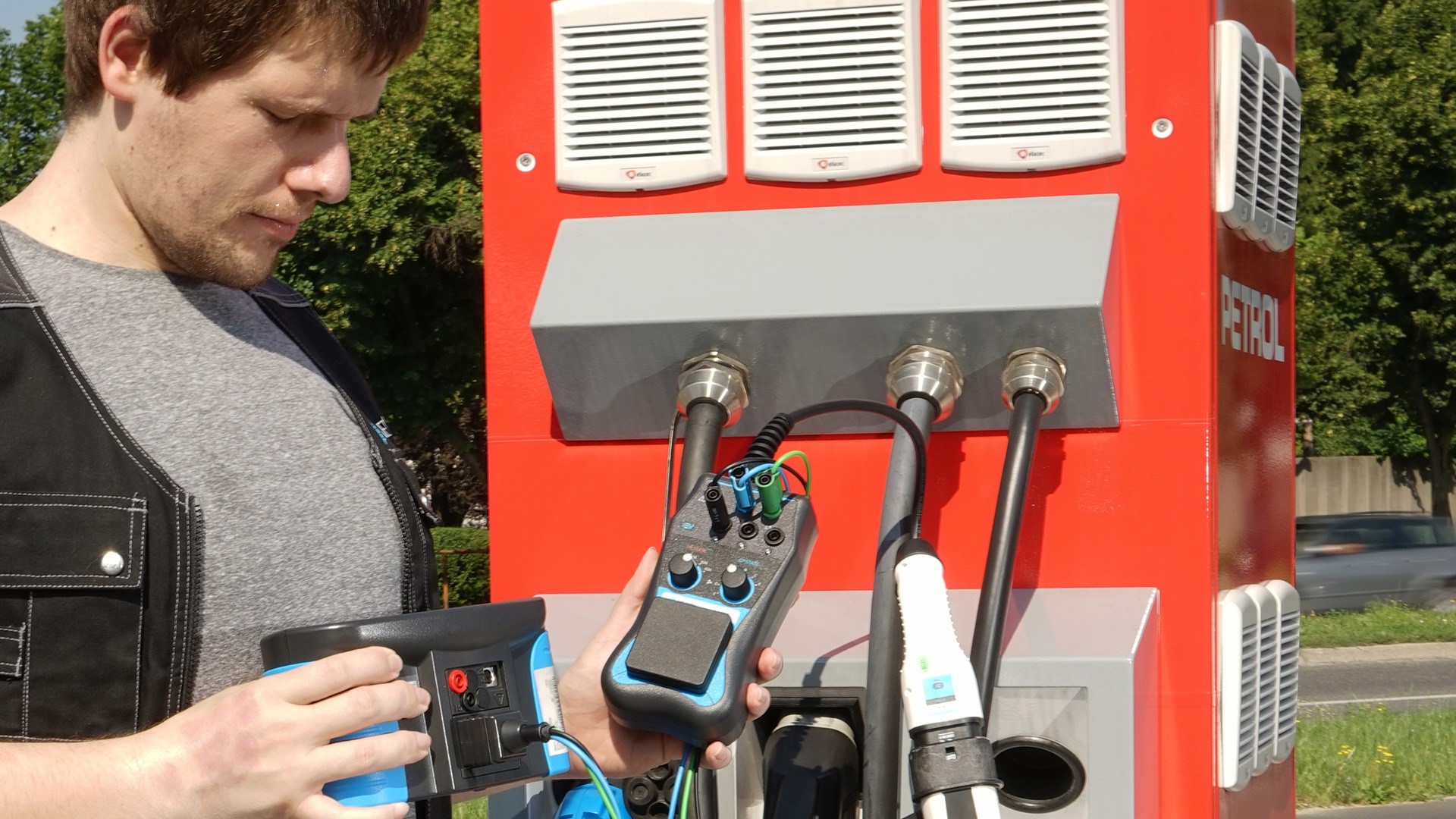
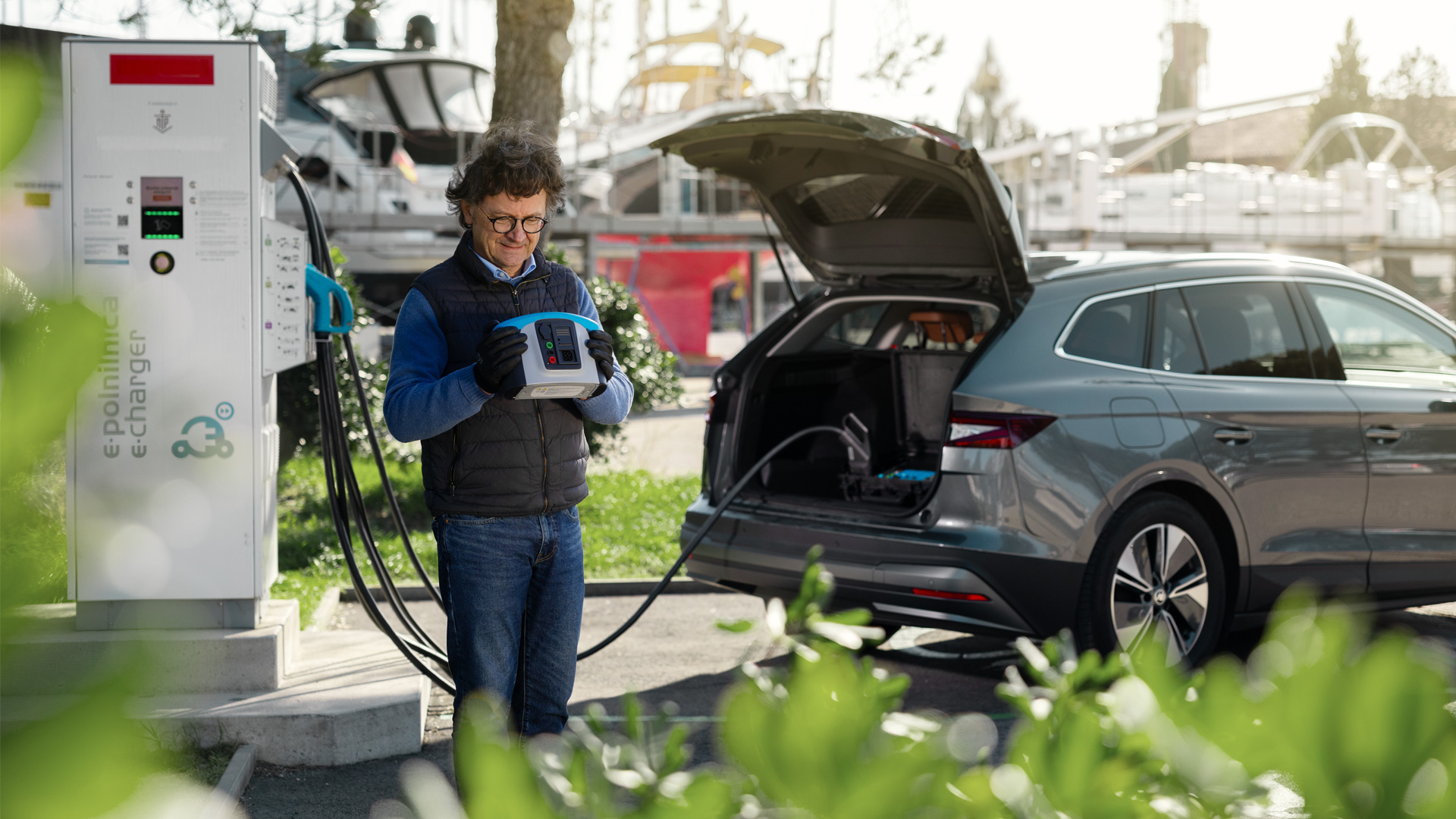
Is your computer safe? What about the coffee machine? Or power tools?
Portable electrical appliances, from electrical tools and kitchen devices to office equipment, are often moved or handled, making them prone to insulation wear, loose connections, or other faults.
PAT testers (Portable Appliance Testers) are used for routine checks and post-repair inspections to ensure devices are safe for reuse.
Like other test categories, the goal is prevention. With preventive testing you can catch torn insulation or improper grounding before an accident occurs.
Metrel recently introduced the MI 3340 AlphaEE XA, a compact tester that supports multiple test functions for single-phase and three-phase appliances.
It automates test sequences in line with EN 50699 and EN 50678 standards. A typical PAT test includes visual inspection, PE continuity testing (200 mA), insulation resistance between conductors and housing, and leakage current tests.
Such testers help organizations implement safety programs and let repair technicians confirm restored device safety before returning them to use.
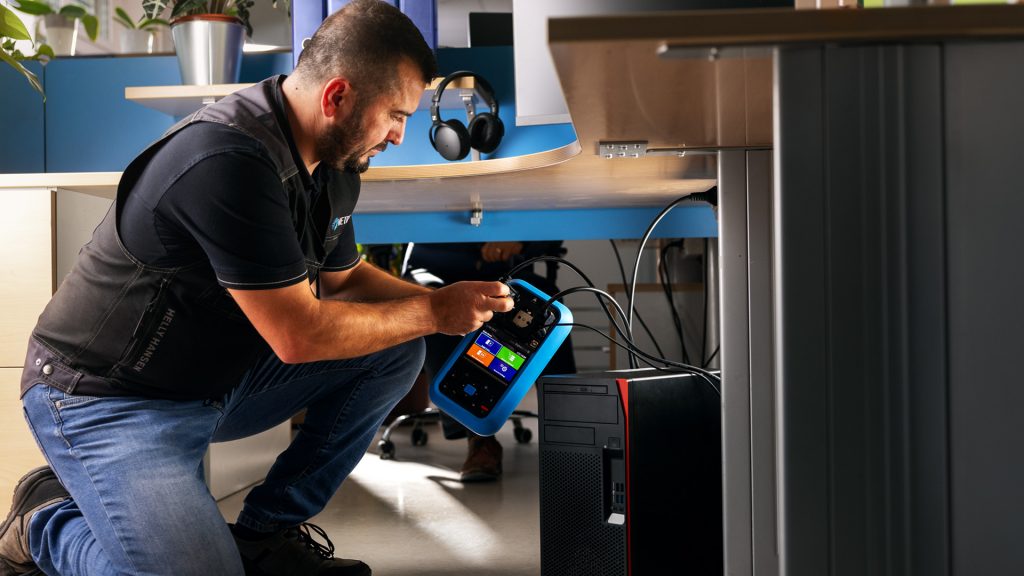
Metrel is a synonym for electrical safety
We’ve only touched on a few categories where Metrel provides advanced test solutions. They also offer test equipment for EV battery safety (MI 3132), industrial machinery (MI 3325), and high-voltage applications (MI 3125).
Investing in quality test equipment is an investment in safety. Learn more at www.metrel.si. Equip yourself with the knowledge and tools to keep electricity safe and reliable, today and in the future.
Always seeking new talent
What sets Metrel apart is its approach to development. Engineering and manufacturing occur under one roof, letting you see and touch the product you helped create. There’s unmatched satisfaction in seeing your hours of effort take physical form. The Metrel Academy offers regular training for both beginners and seasoned professionals, ensuring you’re always learning and growing.
Prijavi napako v članku


